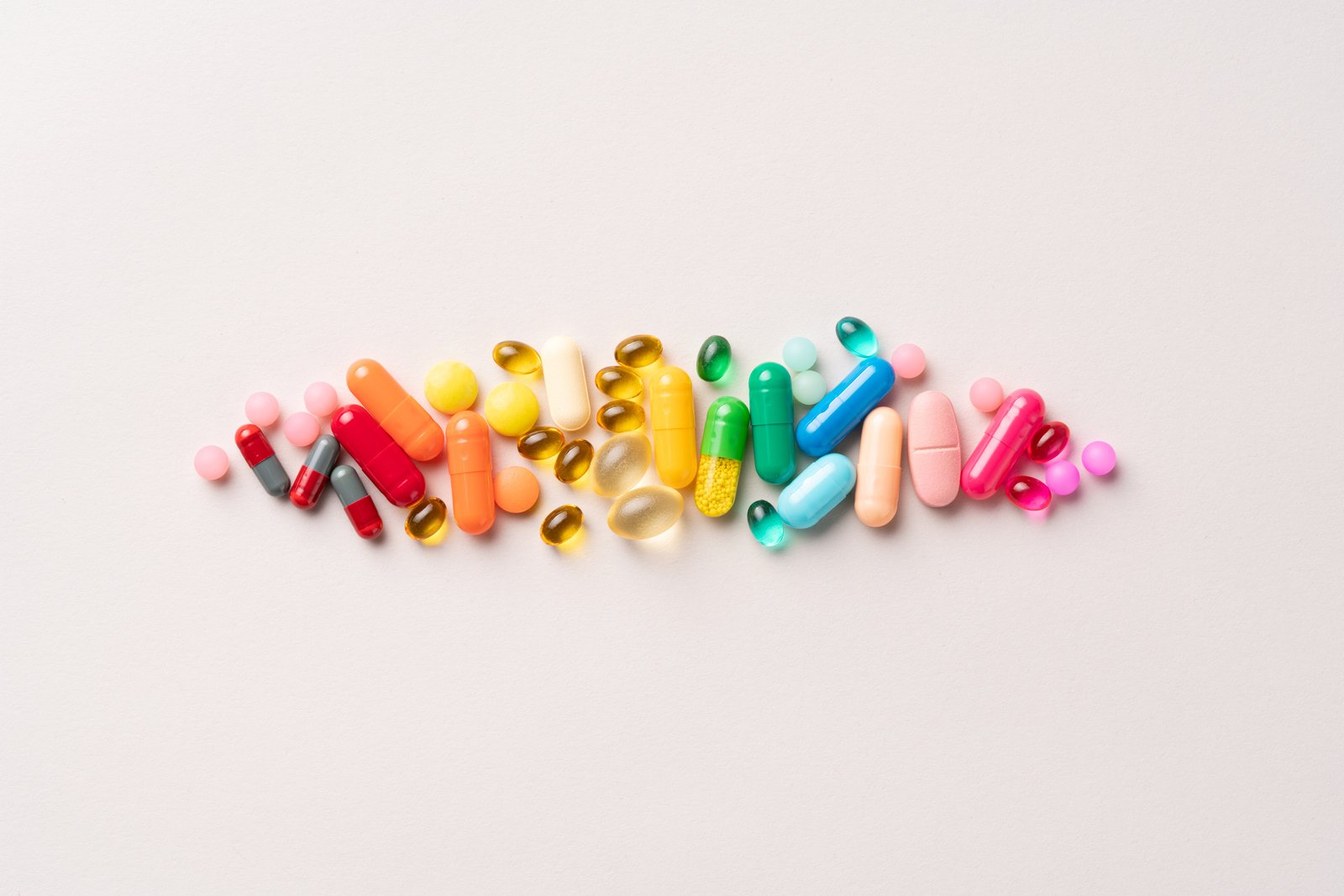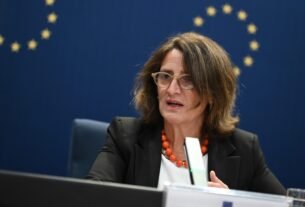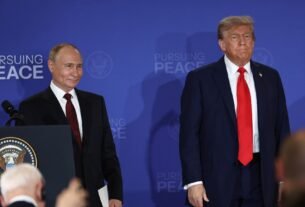This comes as France’s President Macron and Germany’s Chancellor Merz have made simplification of the directive a priority in the Franco-German industrial plan, as well as the Court case filed by Poland to the ECJ against the directive, Italy’s recent call at Council for a pause and the European Parliament’s request for a new assessment of the impact on pharmaceuticals.
With so many influential figures making the same critical points, now is the time for the Commission to pause, review and reset.
We support the general objectives of the UWWTD to enhance the treatment and monitoring of urban wastewater in line with the European Green Deal’s ambitions. However, we object to the lack of consideration for the essential role of medicines and the unique situation of the generic industry due to its high volumes and low, regulated prices. Pollution of pharmaceuticals in urban wastewater settings is not generated by manufacturing sites, but rather the simple consequence of patient consumption and excretion. Manufacturing sites already follow very high standards of wastewater treatment under applicable laws and regulations, in line with the Green deal. We believe this to be a seriously misguided application of the Extended Producer Responsibility (EPR) scheme.
New evidence shows that the modelling used to prove the feasibility for the EPR scheme and dictate the allocation of costs to be met by the pharmaceutical industry, is based on incorrect data.
The Commission claims pharmaceuticals account for 66% of micropollutants in wastewater – a figure which does not stand up to scrutiny. A review by Ramboll, one of the world’s leading environmental consultancies, finds that the Joint Research Centre (JRC) ignored many studies showing pollutants come from a wide range of sources: pesticides, veterinary drugs, food additives, industrial chemicals, cosmetics – not just medicines. The figure is distorted further because pharmaceuticals are studied more closely and far more frequently than other substances, creating a bias that inflates their supposed contribution.
The modelling used to justify the EPR scheme is also fundamentally flawed. The JRC relied on computer-generated estimates rather than the laboratory tests required by the European Medicines Agency, leading to staggering overestimates. According to the Commission’s model, just four medicines were said to represent 58% of all industrial toxic load. In reality, the required lab data shows their contribution is below 1%. The correct data exists – and is publicly available in the FASS and Norman Ecotoxicology databases – but was ignored by the JRC. Building sweeping new regulation on this shaky foundation, with such potential negative impact for European citizens, is indefensible.
The damage from this ill-founded scheme will land hardest on Europe’s generic medicines sector – the backbone of affordable healthcare. Generics account for just 19% of pharmaceutical spending, yet under the EPR they would shoulder around 60% of the costs. Because generic prices are tightly regulated, we as manufacturers cannot pass these costs on. For many essential medicines, production will simply become unviable. Independent estimates in Germany and the Netherlands show treatment costs four to six times higher than the Commission’s numbers, while water industry experts warn the bill could be ten times higher.
That means that patients and health insurers will be the price to keep critical medicines available. Dutch projections show the EPR could push up the cost of metformin – a lifeline for half of Europe’s diabetes patients – by nearly 900%; Amoxicillin, a frontline antibiotic, could soar by 369%; Levetiracetam, relied upon by people with epilepsy, could jump by 322%. Even under the Commission’s own underestimated calculations, dramatic cost spikes are inevitable, driving shortages of medicines across multiple therapy areas.
This uncertainty leaves us as manufacturers unable to plan future production with any confidence, jeopardising access to critical medicines for millions of Europeans in the coming years and conflicting with the goal of the EU Critical Medicines Act around security of supply. With 400 manufacturing sites across Europe, employing 190,000 people and supplying over 70% of dispensed medicines overall, we are calling for a pause and a reset.
If we are to avert a serious health crisis for patients, not to mention the negative economic impact, the Commission must pause implementation of the EPR provisions in the upcoming environmental omnibus and ensure relevant stakeholders, including the off-patent pharmaceutical industry, are involved in the new impact study announced in the Water Resilience Strategy. Such study should build on robust laboratory data and realistic cost projections, and be led jointly by the Health, Environment, Industry and Crisis Preparedness departments. Only then can the Directive achieve a science-based, proportionate approach to wastewater treatment that safeguards both environmental goals and patients’ access to medicines – a goal we all wish to achieve.
Markus Sieger is the President of Medicines for Europe.




